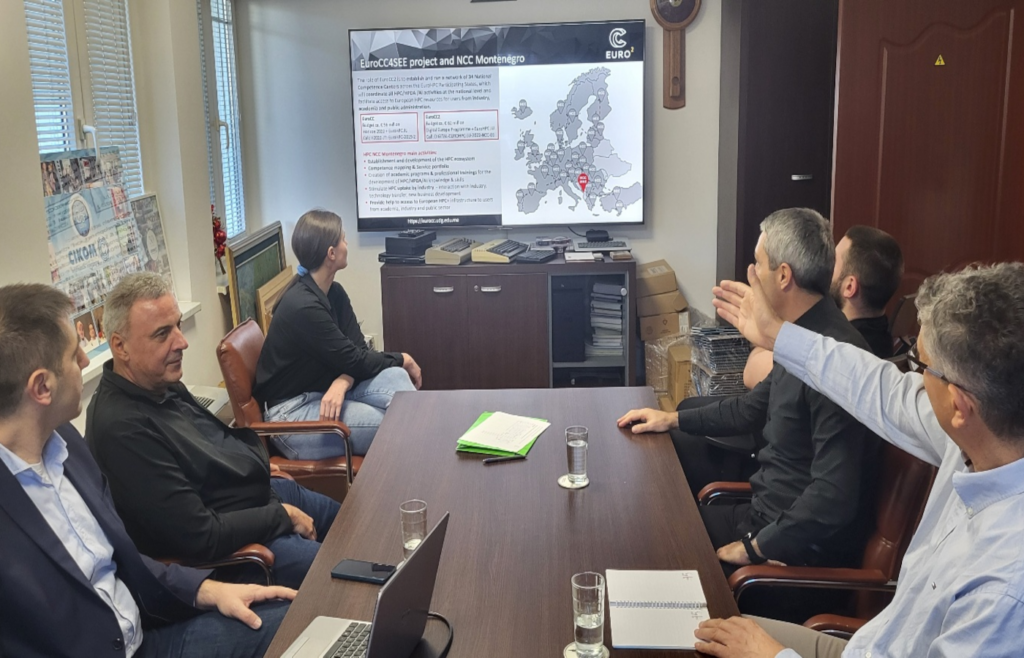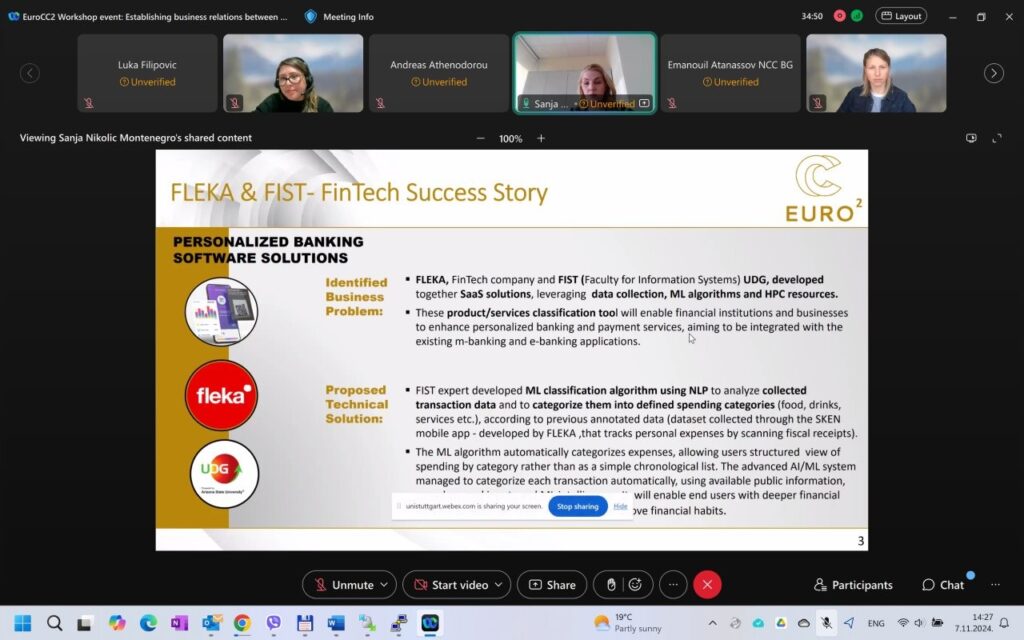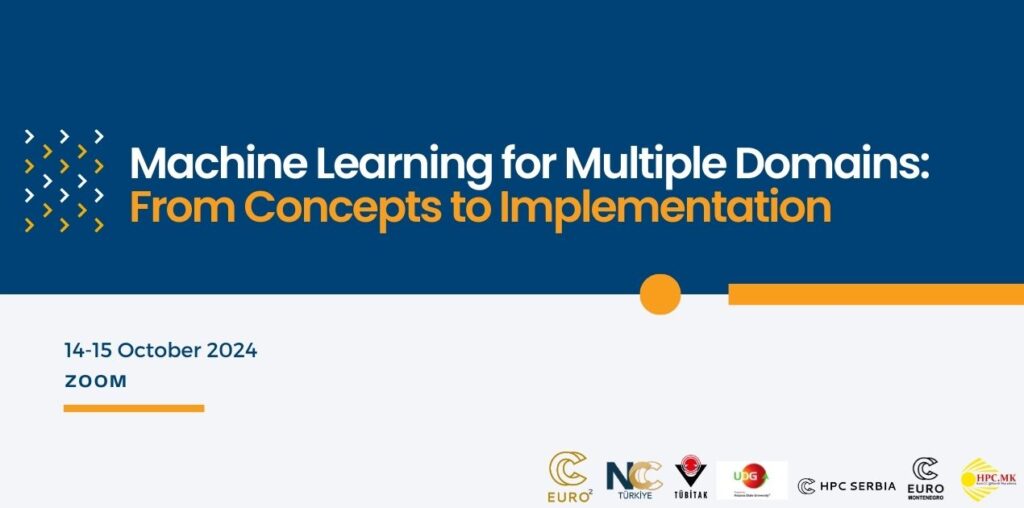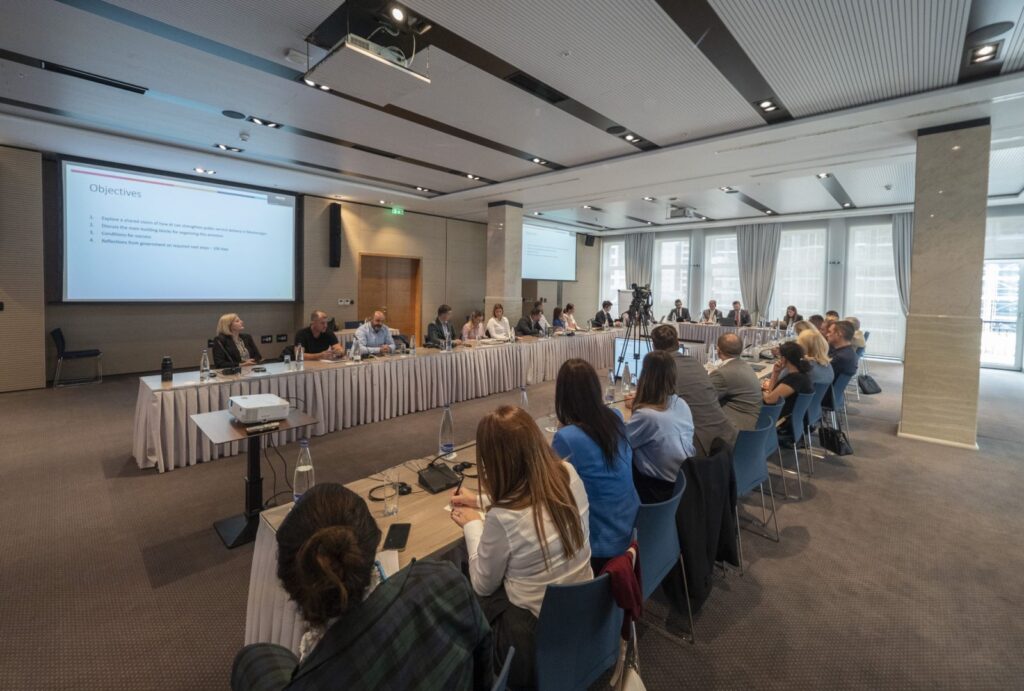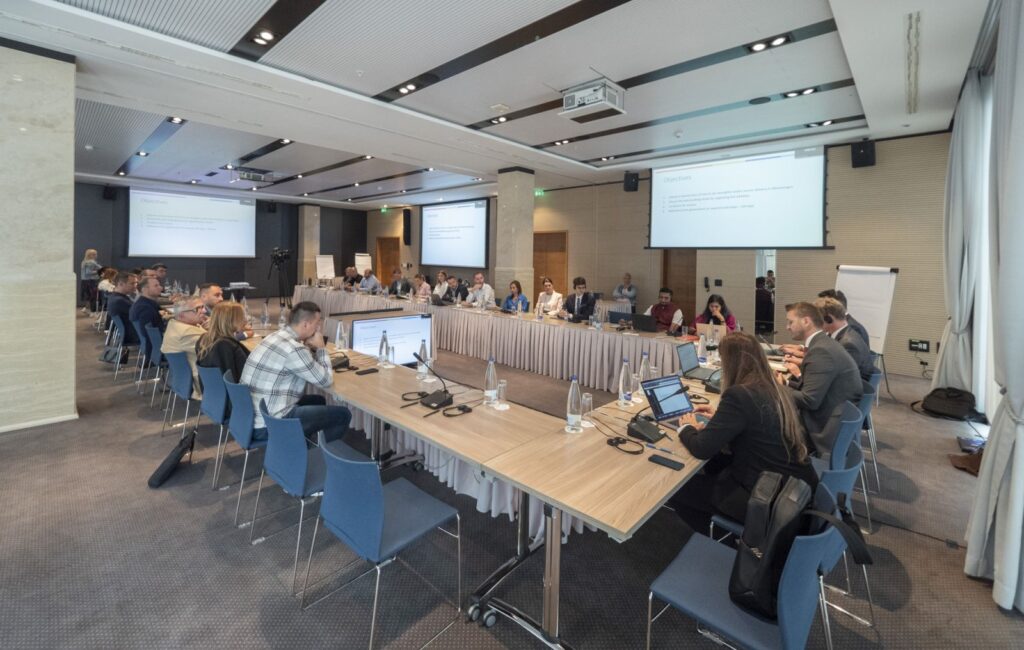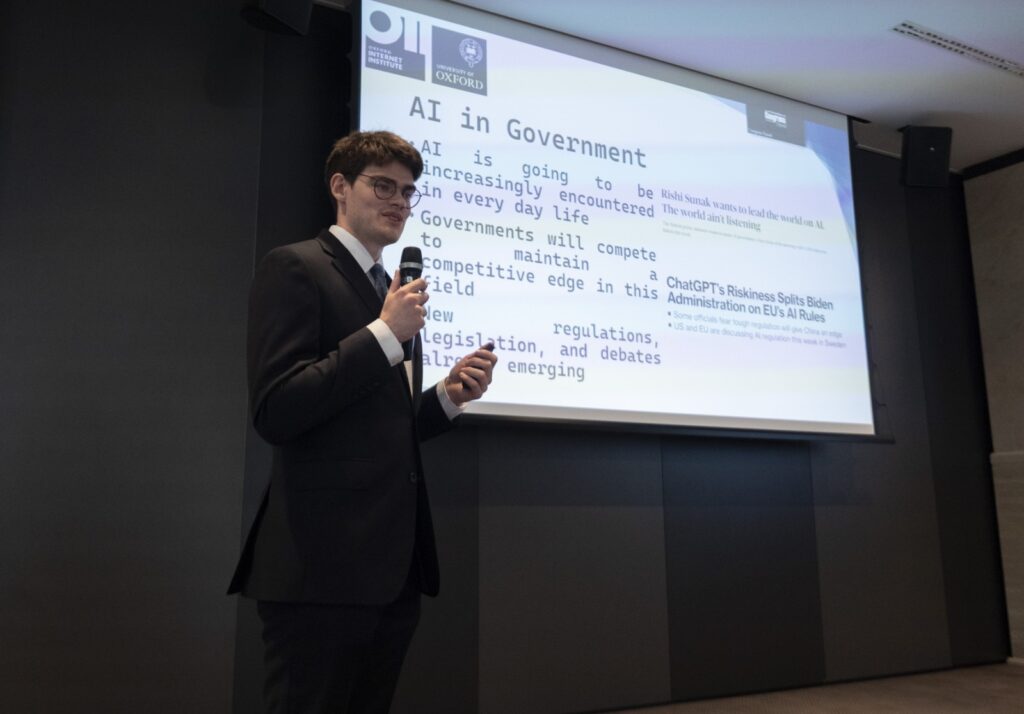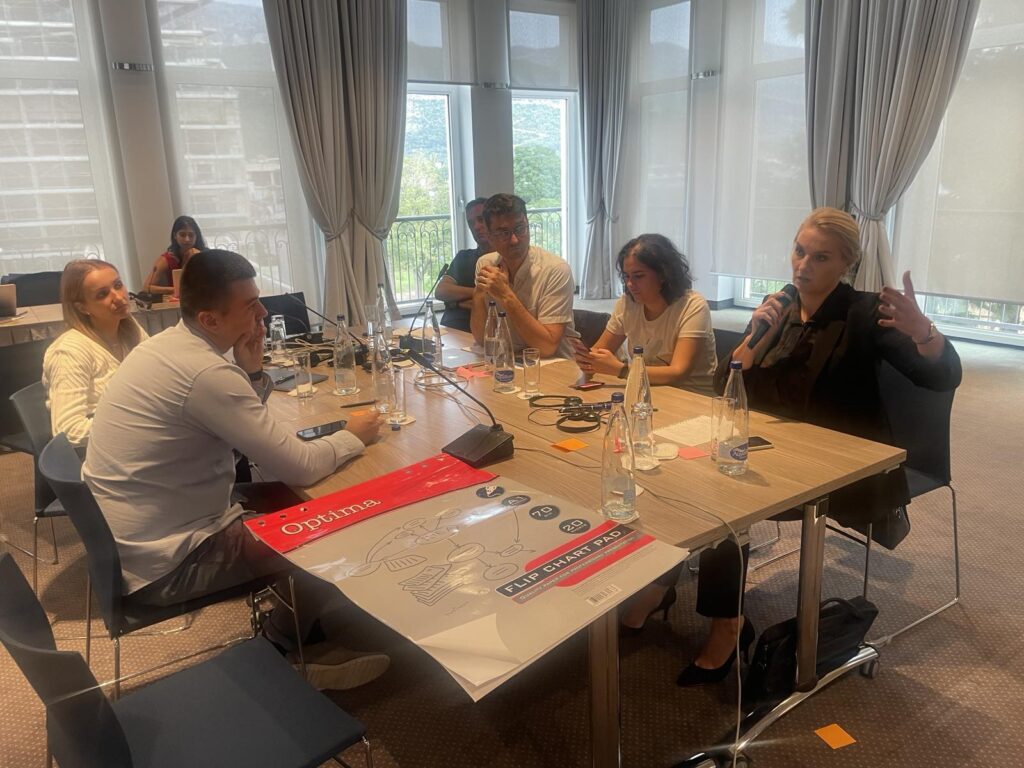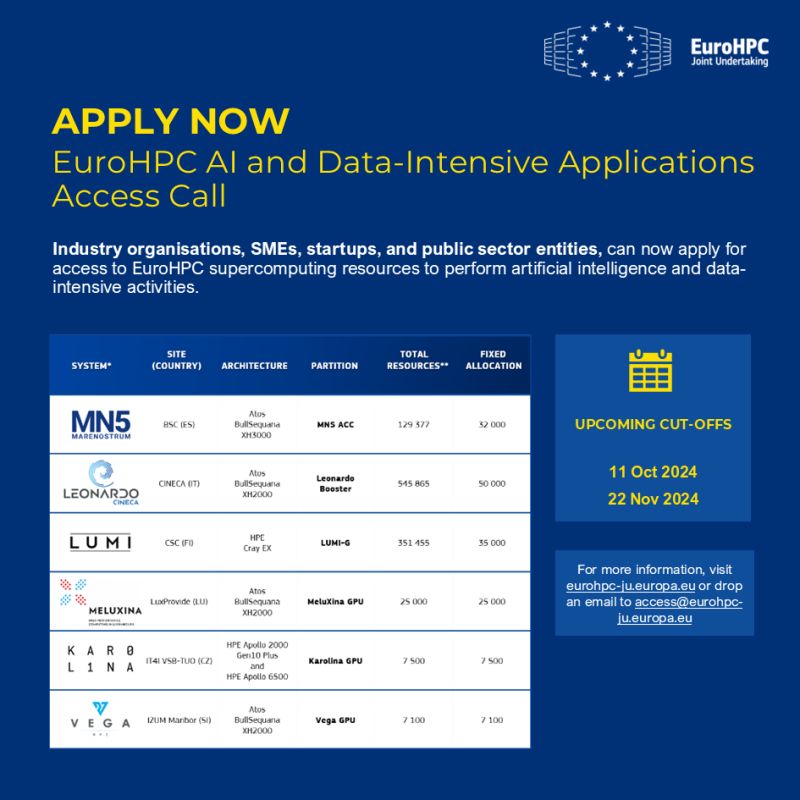As part of the activities of connecting NCC Montenegro with industry and their greater engagement in the use of HPC resources in business, the EuroCC2/EuroCC4SEE project team from the University of Montenegro (Prof. Dr. Božo Krstajić and Prof. Dr. Enis Kočan) visited Čikom, one of the largest IT companies in Montenegro, on December 13, 2024. Čikom was represented by Ivan Bošković, who is also the CEO of the subsidiary company IT Advanced Services (ITAS), Radovan Rutešić (IT designer), Anđela Bojović (software developer) and Đorđe Krstajić (implementer).
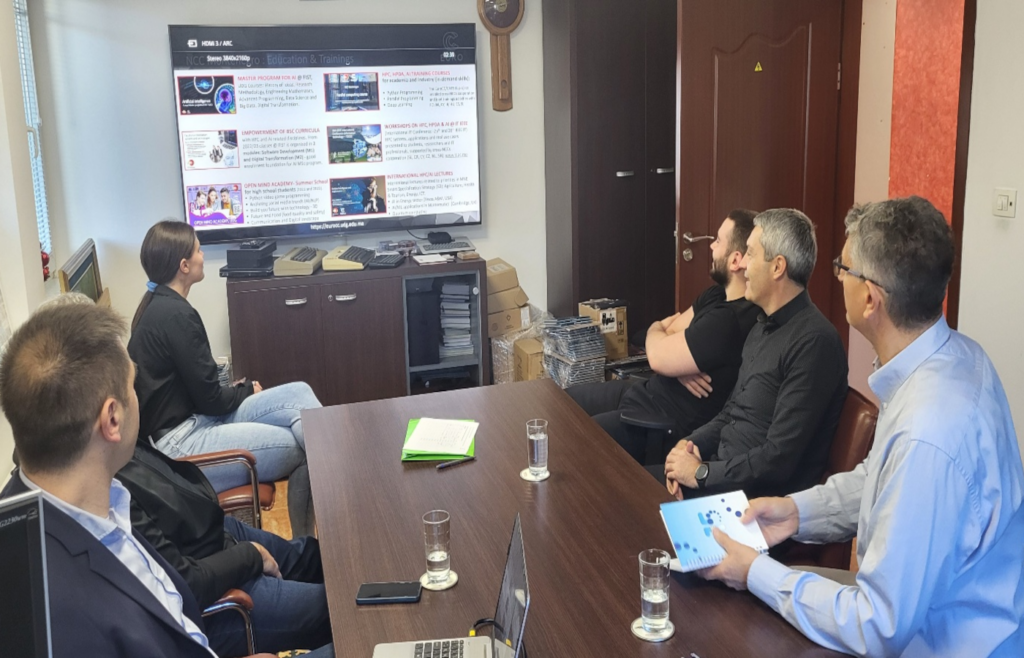
At the meeting, the services and activities of NCC Montenegro within the EuroCC2/EuroCC4SEE project were presented to the representatives of the Čikom company. Ongoing and planned projects within the Čikom company were discussed, in order to determine possible needs for the use of HPC resources. This opportunity was particularly interesting for ITAS, as they will need HPC resources to implement the project “AI System for Pathological Analysis of Adenocarcinoma (PathAI)”, which is funded by the Innovation Fund of Montenegro, and whose implementation is scheduled to begin in February 2025. The project aims to develop an advanced AI system for pathological analysis of adenocarcinoma. It is expected that this innovative system will significantly improve the accuracy and efficiency of pathological analysis, thereby reducing the workload of pathologists and improving patient treatment outcomes. The project will require the processing of a large number of high-resolution medical images, for which the use of HPC resources will make their work much easier. It was agreed that after the start of the project, the NCC team will visit Čikom/ITAS again and present in detail the application process for HPC resources.
